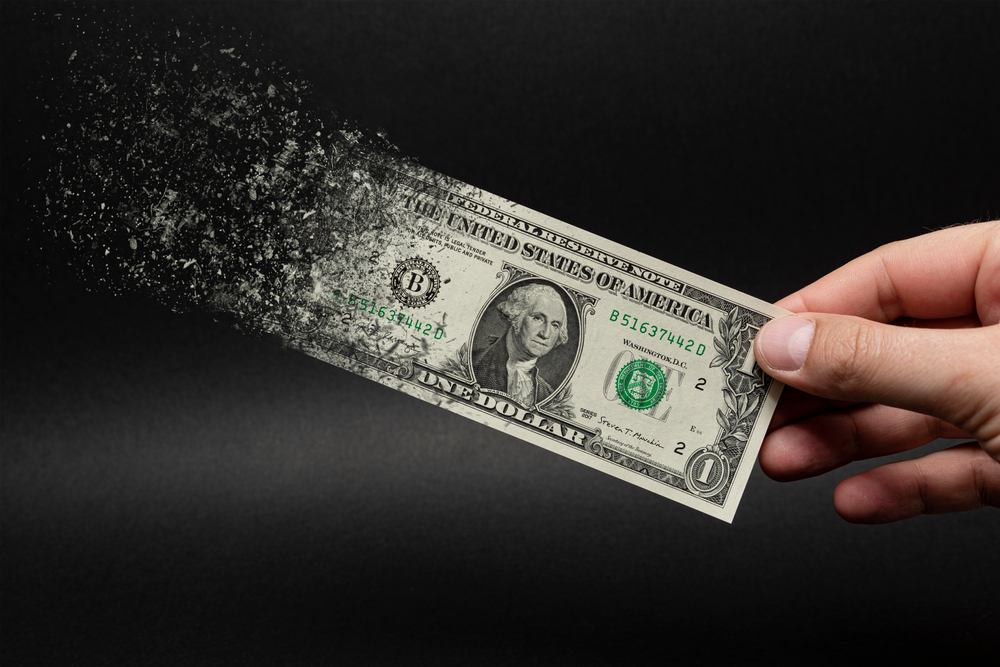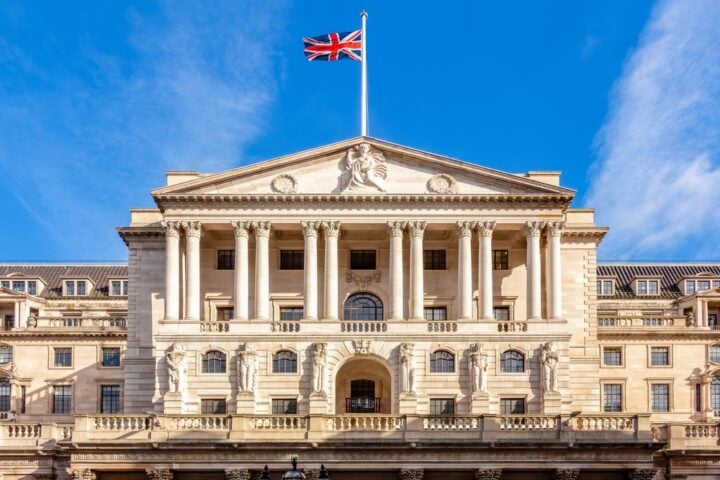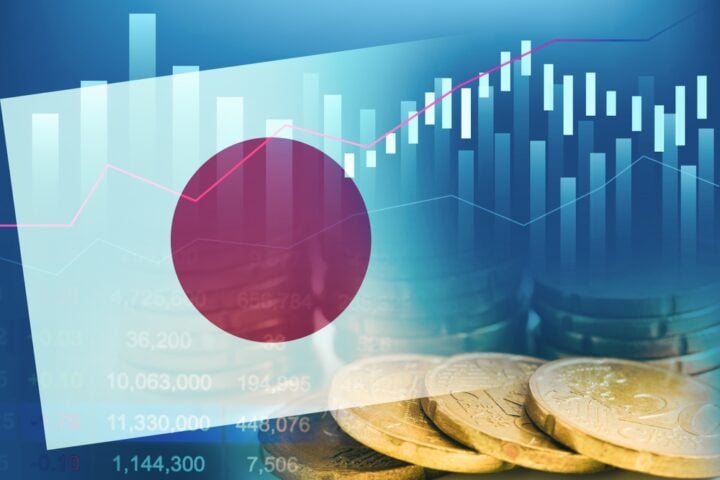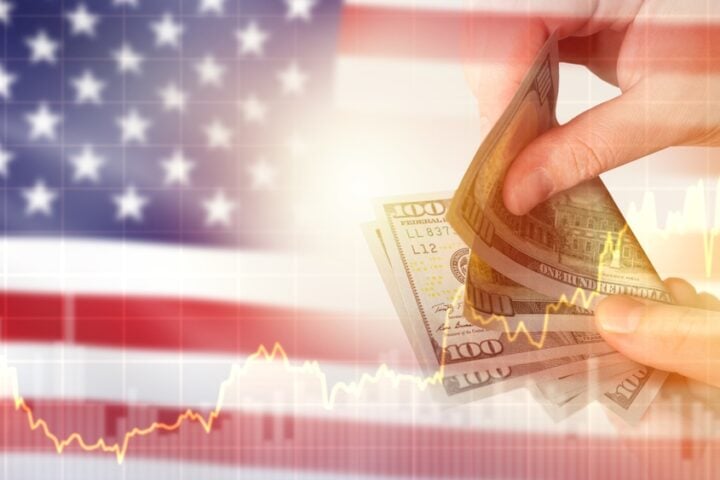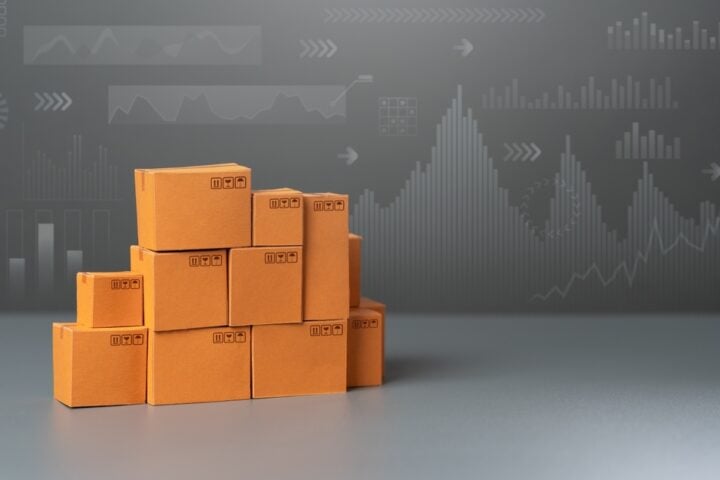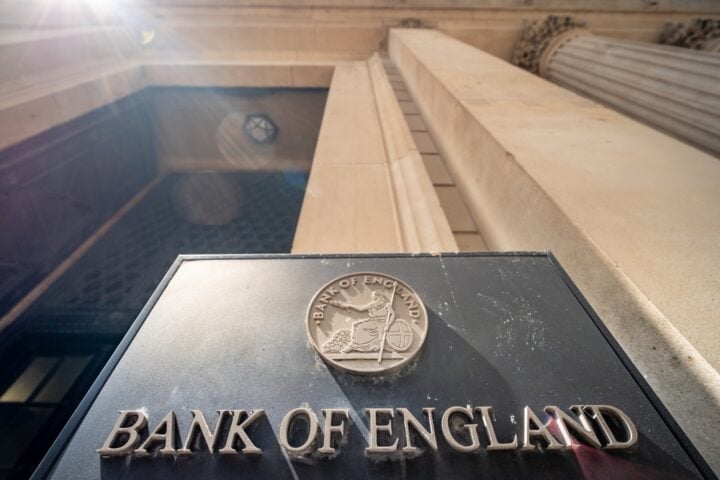American consumers reported a dimmer outlook on the economy in February as inflation expectations rose sharply for the second consecutive month, driven by uncertainty surrounding President Donald Trump’s trade policy.
Consumer Sentiment and Inflation Expectations
The University of Michigan consumer sentiment survey released on Friday showed headline sentiment dropped nearly 10% from January, reaching a reading of 64.7. Pessimism about inflation was the main driver, as one-year inflation expectations surged from 3.3% in January to 4.3% in February, the highest since November 2023.
“What we’re seeing is a very broad-based conclusion or opinion among consumers that inflation is going to pick up in the year ahead, as well as the next five years,” Joanne Hsu, director of consumer surveys at the University of Michigan, told Yahoo Finance.
Long-Run Inflation Expectations
Long-term inflation expectations, which measure consumer outlook over the next five to 10 years, rose from 3.2% in January to 3.5% in February. This marks the highest level since April 1995 and the largest month-over-month increase since May 2021.
“This time it’s completely different. People are not reacting to current price shocks. They’re reacting to anticipated price shocks,” Hsu noted, emphasizing the role of tariff concerns in driving inflation expectations.
Economic Outlook and Trump’s Trade Policy
Expectations for personal finances and the short-run economic outlook fell nearly 10% in February, while long-run economic expectations dropped about 6%, the lowest since November 2023.
Last week, Trump announced a global 25% tariff on steel and aluminum imports, effective March 12, and hinted at additional duties on autos, semiconductors, and pharmaceuticals. Tariffs of 25% on Mexico and Canada are scheduled for next month, while 10% tariffs on China are already in effect.
Economic Analysis and Federal Reserve Outlook
Economists remain cautious about the impact of the tariffs, with some suggesting that Trump may be leveraging the threats to bring trading partners to the negotiating table. “Once fears about tariffs fade, inflation expectations will likely come down and allow the Fed to ease rates later this year,” noted Raymond James chief economist Eugenio Alemán.
Minutes from the Federal Reserve’s January policy meeting revealed that most officials support maintaining restrictive interest rate levels until more progress is made on reducing inflation.


